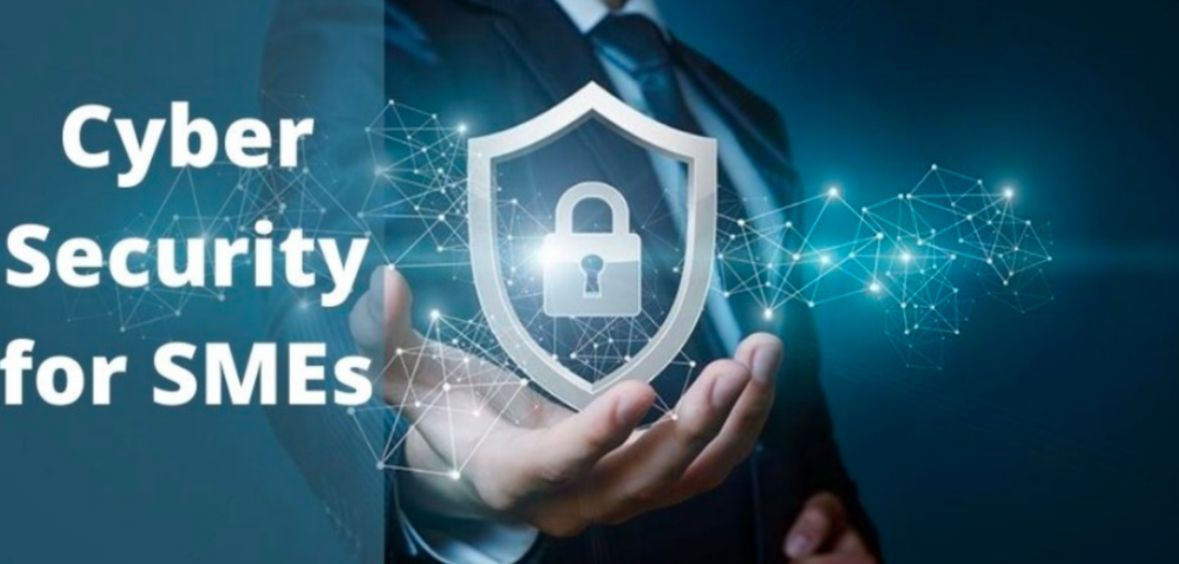
How IASME Cyber Essentials Can Protect Your SME
The sources describe various cybersecurity standards and frameworks relevant to small and medium-sized enterprises (SMEs). Among these, the IASME Cyber Essentials scheme stands out as particularly suitable for SMEs embarking on their cybersecurity journey12. As discussed in our previous conversation, SMEs often face resource constraints and may lack specialised cybersecurity expertise, making streamlined and achievable security solutions crucial.
What is IASME Cyber Essentials?
IASME Cyber Essentials is a UK government-backed certification scheme that focuses on implementing five core security controls to defend against common cyber threats3. These controls address the most basic and prevalent attack vectors, offering a strong foundation for SME cybersecurity.
- Boundary Firewalls and Internet Gateways: Properly configured firewalls act as the first line of defence, blocking unauthorised access to your network and systems from the internet.
- Secure Configuration: Ensuring devices and software are configured securely with strong passwords and unnecessary services disabled minimizes vulnerabilities.
- Access Control: Robust user access controls limit access to sensitive data and systems only to authorised individuals, reducing the risk of insider threats and data breaches.
- Malware Protection: Up-to-date and effective anti-malware software detects and prevents malicious software from infecting systems and stealing data.
- Patch Management: Timely patching of operating systems and applications closes known vulnerabilities and protects against attacks that exploit those weaknesses
Why is IASME Cyber Essentials Ideal for SMEs?
Affordable and Achievable: The scheme is designed to be affordable for SMEs, recognizing their limited budgets.
Clear and Concise Requirements: The five controls are straightforward to understand and implement, making it easier for SMEs with limited IT expertise to achieve compliance.
Government Endorsement: IASME Cyber Essentials is backed by the UK government, demonstrating its credibility and providing reassurance to customers and partners.
Improved Cyber Hygiene: Implementing the five controls significantly improves an SME’s basic cyber hygiene, reducing the risk of falling victim to common cyberattacks.
Business Enabler: IASME Cyber Essentials certification can be a competitive advantage, demonstrating to customers and partners that your SME takes cybersecurity seriously. This can be particularly important when bidding for contracts, especially within the UK government, where Cyber Essentials certification is often a requirement.
Additional Benefits of IASME CE Plus & Cyber Assurance
Cyber Essentials Plus: This option provides higher assurance through independent auditing of the implemented controls3.
Cyber Assurance: This builds upon Cyber Essentials, addressing privacy and data protection measures, crucial for compliance with regulations like GDPR4.
The sources highlight the importance of a risk-based approach to cybersecurity256. While IASME Cyber Essentials focuses on fundamental controls, it can serve as a solid starting point for SMEs to build upon, adapting and expanding their security practices as their businesses grow and their risk profiles evolve.
By adopting IASME Cyber Essentials, your SME can take significant steps towards protecting its valuable information, systems and reputation from cyber threats, while simultaneously strengthening its position in the marketplace.

